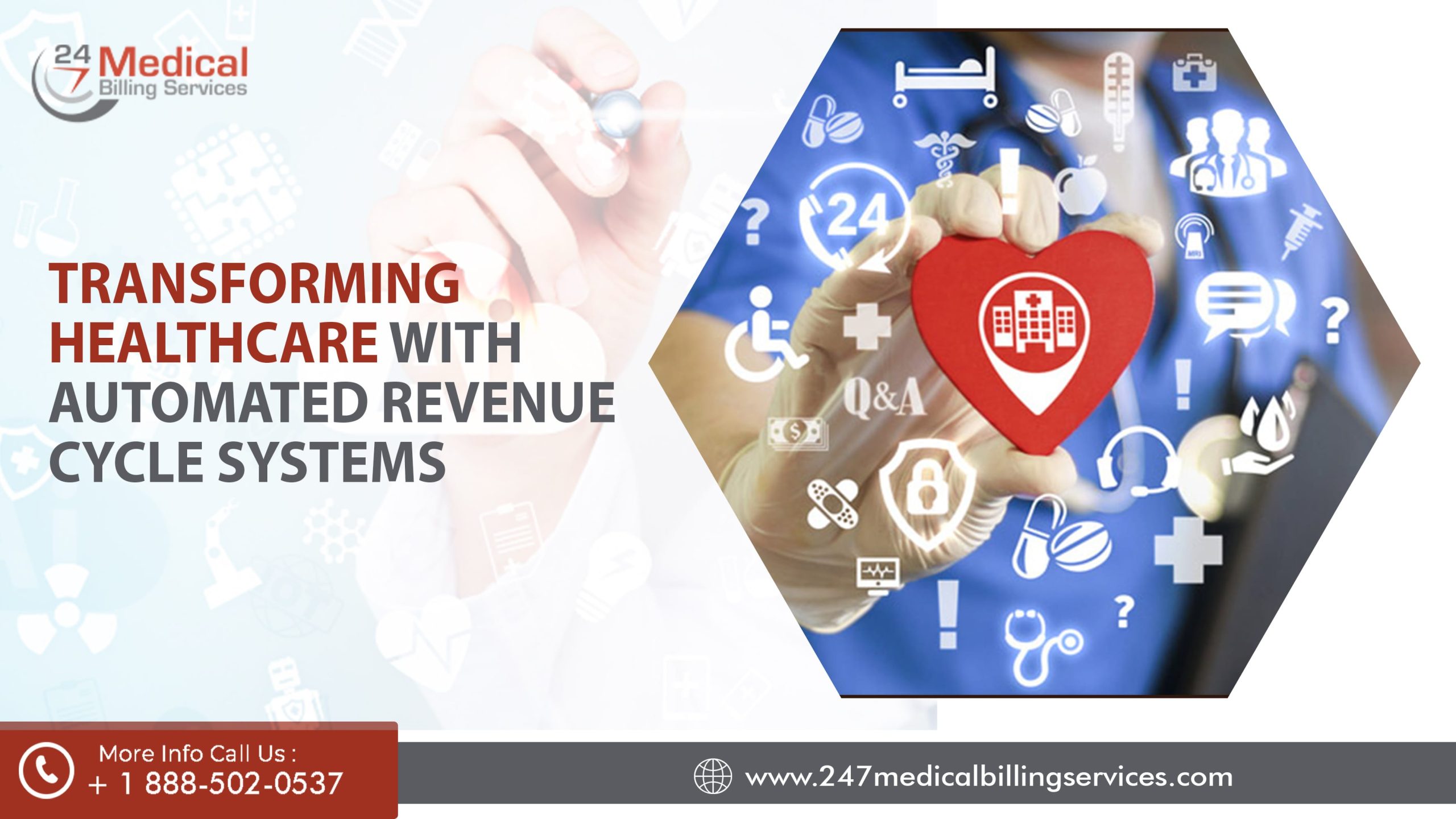
Transforming Healthcare with Automated Revenue Cycle Systems
In the healthcare industry, efficient revenue cycle management (RCM) is essential for maintaining financial stability and ensuring high-quality patient care. The medical billing process, a critical component of RCM, is often repetitive, time-consuming, and prone to errors. To address these challenges, many healthcare practices are turning to automated medical billing systems. Automation in medical billing leverages advanced technology to streamline processes, reduce errors, and enhance overall efficiency. This comprehensive approach not only improves the financial health of medical practices but also enhances the patient experience.
But What is Automation in Medical Billing?
Automation in medical billing refers to using advanced technology and software systems to handle repetitive, time-consuming, and complex tasks in the revenue cycle management (RCM) process. This includes automating tasks such as patient registration, insurance verification, claim submission, payment processing, and reporting.Let’s explore how healthcare can be transformed with an automated revenue cycle system:
Benefits of Automated Medical Billing
-
Reduced Errors
-
Streamlined Payment Processing
-
Real-Time Insights and Reports
-
Improved Organization
-
Minimized Overhead Costs
-
Ensured Regulatory Compliance
-
Improved Cash Flow
Contribution of 24/7 Medical Billing Services
24/7 Medical Billing Services offer continuous support for managing billing and revenue cycles, ensuring that processes are always handled efficiently. This constant monitoring and processing lead to faster turnaround times and improved cash flow. Around-the-clock services also enhance patient support by addressing queries and concerns promptly, thereby improving patient satisfaction and trust. Additionally, 24/7 Medical Billing Services keep up with regulatory changes and updates in real-time, ensuring ongoing compliance and reducing the risk of penalties.Automating the revenue cycle management process in medical billing undoubtedly provides numerous benefits, including reduced errors, improved efficiency, better compliance, and enhanced cash flow. The integration of 24/7 Medical Billing Services further supports these benefits by providing continuous, reliable support to healthcare practices. As the healthcare automation market is predicted to reach nearly $100 billion by 2030, the adoption of automated medical billing systems is becoming increasingly crucial for the success.
See also: How RCM Automation Is Reshaping Medical Billing Processes?

.png)